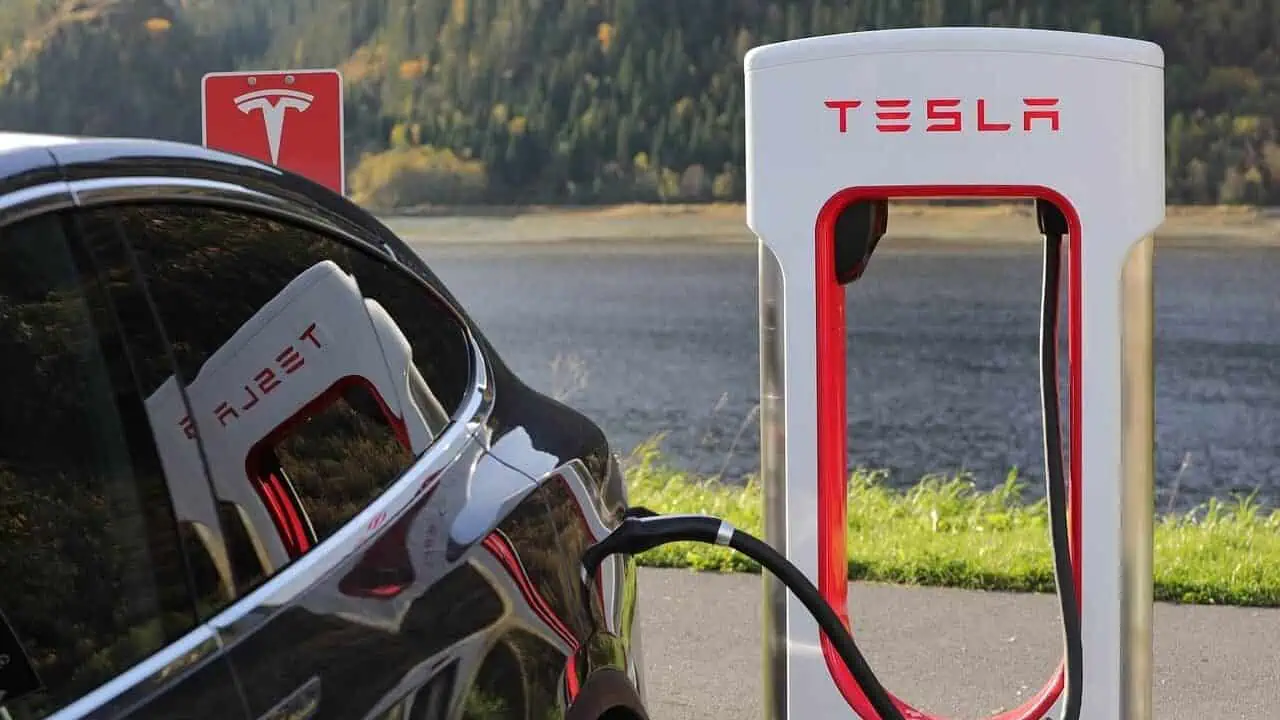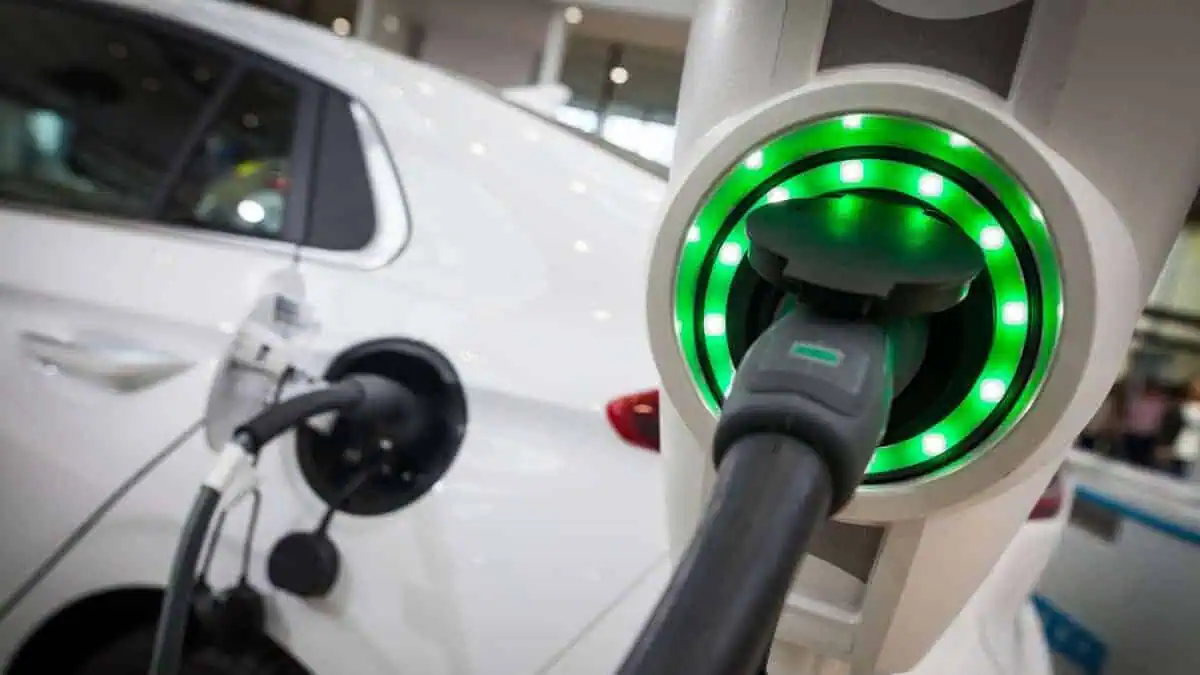DC fast charging significantly makes electric vehicle charging more convenient for owners. However, some drivers worry that frequent fast charging may degrade their cars’ batteries.
In response, Recurrent conducted a study on more than 12,500 Tesla models in the US to gain insights into how fast chargers affect their batteries.
Study highlights
Recurrent indicated that its study compared Tesla cars that were fast-charged at least 90% to those fast-charged less than 10% of the time.
“We compared cars that fast charge at least 90% of the time to cars that fast charge less than 10% of the time. In other words, people who almost exclusively fast charge their car and people who very rarely fast charge. The results show no statistically significant difference in range degradation between Teslas that fast charge more than 90% of the time and those that fast charge less than 10% of the time.”
Surprisingly, Recurrent Analysts discovered no major difference between the two variables.
They also claimed that frequent fast charging cannot degrade EV batteries as long as they offer powerful thermal, voltage, and battery management systems.
Implications
The study ultimately proves that frequent fast charging does not damage electric vehicle batteries in contrast to common belief.
Therefore, EV owners must not worry about frequently using DC fast charging to replenish their cars’ energy.
However, there are still some factors that may degrade power batteries.
Experts’ advice
Recent studies revealed that fast charging would not damage EV batteries as long as owners do not charge their EVs in extremely high temperatures and charge up to 100%.
Recurrent reiterated that claim in its recent study by advising EV owners to avoid fast charging in extreme heat. The analysts also directed owners to precondition their car batteries before fast charging during cold weather.
EV drivers must also not charge their car batteries from a very low state of charge (SoC) to 100% SoC. The reason behind this rule is higher battery resistance could result in serious battery damage.
See Also:
- Tesla releases update on battery degradation in its electric models
- Chinese startup discovers cold climate-resistant battery tech
- Why do battery packs need a cooling system?
- How many miles or recharges does the battery last?
- New Cambridge research could enhance EV battery performance
Recurrent is now conducting the same study for non-Tesla electric vehicles. However, the company said that measuring the frequency of fast charging effects on EV batteries for over five years or more would be difficult. Nonetheless, it would enable the company to compare Tesla EVs to non-Tesla models regarding frequent fast charging effects on batteries.






